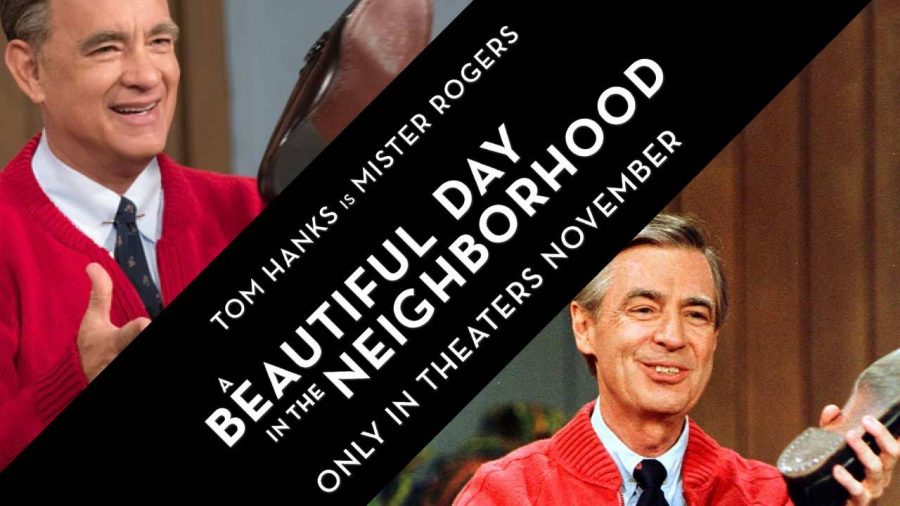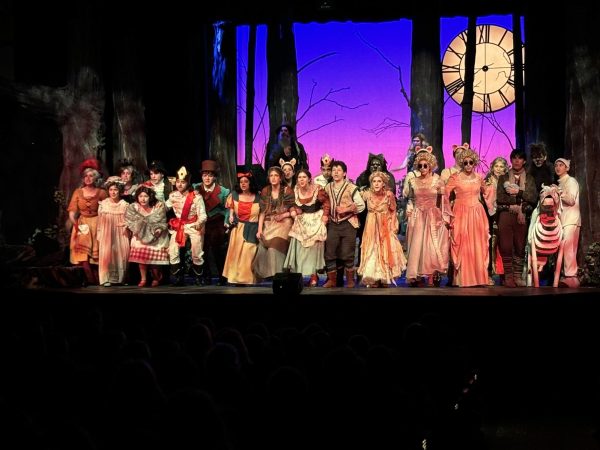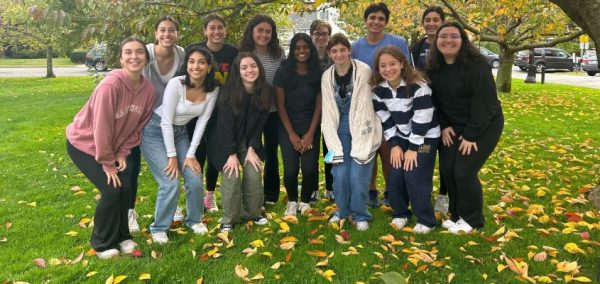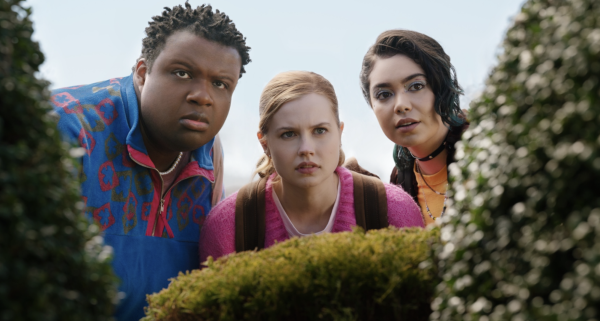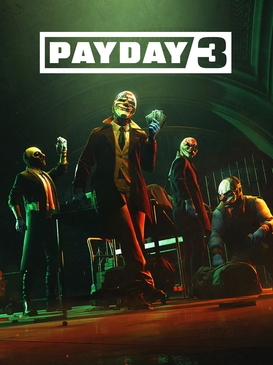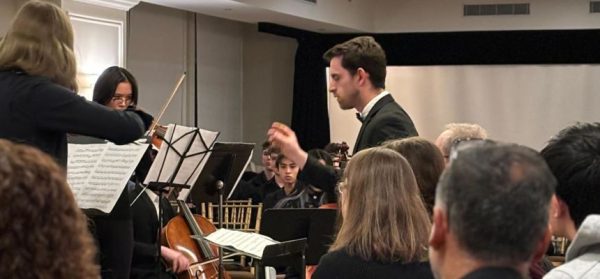‘A Beautiful Day in the Neighborhood’ reminds us all of Mister Rogers’ simple message: Love thy neighbor
Upon hearing the words “Won’t you be my neighbor?”, most adults today will immediately recognize and reminisce about the iconic figure who first uttered them. That figure is Fred Rogers, who, through his television show “Mister Rogers’ Neighborhood,” taught love, acceptance, dealing with emotions, and general life lessons. “A Beautiful Day in the Neighborhood”, directed by Marielle Heller, is not simply a biopic on the life and times of Fred Rogers, but also a touching story and tribute to the kindness and gentility of the man. More importantly, it shows the impact of Mister Rogers (portrayed in the film by Tom Hanks) on even the most cynical of people.
Fred McFeely Rogers, born March 20, 1928 in Latrobe, Pennsylvania, was an American television personality, musician, writer, producer, and minister. He graduated from Rollins College with a degree in music, and then graduated from the Pittsburgh Theological Seminary, becoming a minister. However, instead of becoming a pastor at a church, Rogers planned to minister to children and families using televised media. At WQED in Pittsburgh, he began his hit show, “Mister Rogers’ Neighborhood,” which assisted children in working through their emotions.
“A Beautiful Day in the Neighborhood” is not based on Rogers’ life, but rather on an article written by Tom Junod called “Can You Say…Hero.” The article consisted of Junod’s experiences with the “hero” himself, and additionally, of stories Junod had learned from Mister Rogers. In the film, Lloyd Vogel (portrayed by Matthew Rhys) fills Junod’s role. Vogel is a cynical investigative journalist who is given the assignment to profile Mister Rogers. Vogel, who usually writes exposés on public figures, becomes puzzled and enchanted by the personality and habits of Mister Rogers. Rogers’ lessons gradually become more and more prevalent in Vogel’s life, as he struggles with balancing his professional responsibilities and morals and his personal relationships with various family members.
The movie itself was undoubtedly good; it possessed all of the qualities that a well-written, captivating movie should. The film had a fulfilling plot with each character having a compelling arc. Tom Hanks’ performance was notable because of his meticulous attention to the mannerisms and habits of Mister Rogers.
That said, while the film provided an entertaining two hours, that was about it. The movie was solid all around, but neither the acting nor the overall plot stood out enough to make the movie a true hit. Personally, “A Beautiful Day”, as well as similar biopics such as “Bohemian Rhapsody” (about the rock band Queen) and “Rocketman” (about Elton John) do not strike me as masterpieces due to acting or plot. Instead, they serve as ever-important reminders:
Reminders of creativity and the genius that spawned as a result.
Reminders of the people who created these emblematic pieces of culture.
Reminders of the effect that these creations had on the public.
That is what “A Beautiful Day in the Neighborhood” brings to the modern, bustling entertainment industry. Not a blockbuster hit, but instead, a tribute and a reminder of the effect that Mister Rogers had on the upbringing of two generations: his profound message of loving thy neighbor. The only way Mister Rogers’ legacy lives on is through children who were raised on the ideals of “Mister Rogers’ Neighborhood.” This film is for those children.
If you ask me, “A Beautiful Day in the Neighborhood” is worth your time. The movie might not deliver incredible plot or breathtaking acting, but it proves to be a simple yet fundamental story of childhood, innocence, and love.
Grade: B+
Oliver is a graduate of the Pelham Memorial High School class of 2022. He has been working with the Pelham Examiner since August of 2019 and looks forward...



